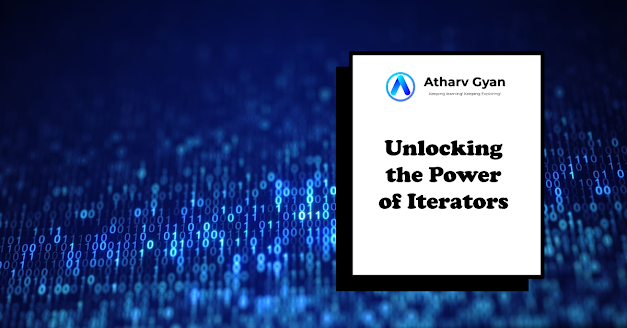A Starter Guide to Data Structures for AI and Machine Learning

Data structures are fundamental concepts in computer science that help organize and store data efficiently. In the context of AI and machine learning, understanding data structures is crucial because these fields often deal with large volumes of data that need to be processed and analyzed quickly. Here's a starter guide to some key data structures relevant to AI and machine learning: Arrays : Arrays are one of the simplest data structures, consisting of a collection of elements stored in contiguous memory locations. In AI and machine learning, arrays are often used to represent datasets, input features, or output predictions. Lists : Lists are similar to arrays but more flexible because they can dynamically resize. In Python, for example, lists can grow or shrink as needed, making them useful for managing datasets of varying lengths. Stacks : Stacks follow the Last In, First Out (LIFO) principle, where the last element added is the first one to be removed. Stacks are commonly used ...


